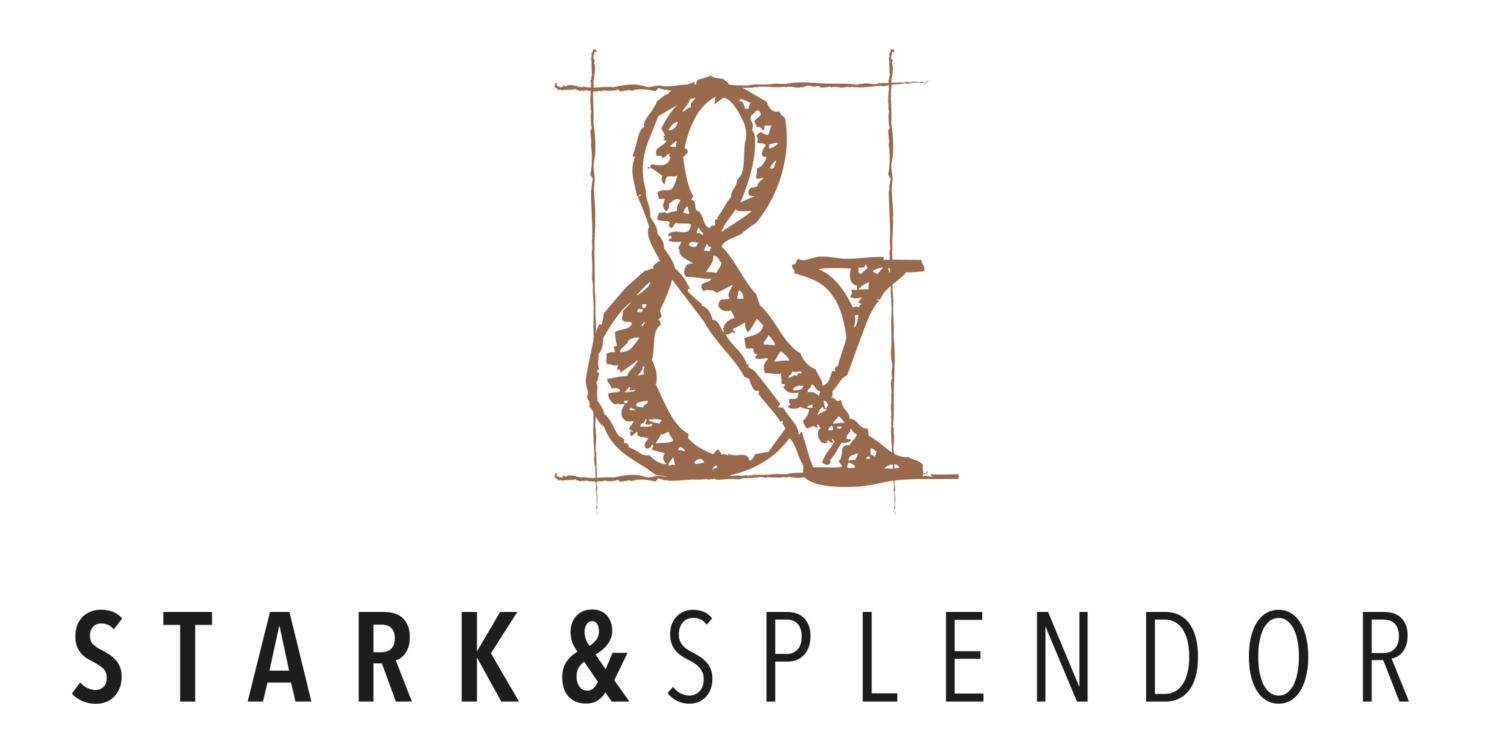Branding experts like to talk about storytelling as the shortcut to relevance and meaning.
I agree. Narrative -- even small ones like the one depicted in this vintage ad -- is a powerful way to communicate a brand's deeper values.
But recently, I've seen it go terribly wrong when young companies reach for origin stories that simply aren't there, or when they stretch the meaning of the words heritage, craft, heirloom, and artisan.
Yesterday'sEmerald Streettakes on the subject brilliantly. Here's the gist:
"There are more and more brands trading on any sort of history they can muster. Labels like Hunter, who do really have a heritage, shout about their lengthy backstory and consumers go wild for it. Spanking new brands, the ones that were dreamed up yesterday, do the same and are pretending to have “heritage” ideas and aesthetics."
I've noticed the same thing, and it makes me want to shout from the rooftops:
You don't need an ancient or romantic backstory to have a great product and build a great brand.
You really don't.
All you need is to solve a real problem for a specific group of people.
Collect the stories of the uncommonly common ways you're changing their lives, and you've got the basis for powerful brand storytelling.
It's simple, but it's not easy. Even huge international brands get seduced by the possibility of inauthentic provenance claims.
To me, nothing drives the point home better than this oldie but goodie video.
[embed]https://www.youtube.com/watch?v=TBb9O-aW4zI[/embed]
We laugh because we've all seen this done!
The moral of the story is: think twice before building your brand around the notion of heritage, craft, or any other trendy idea that signals quality or difference.

